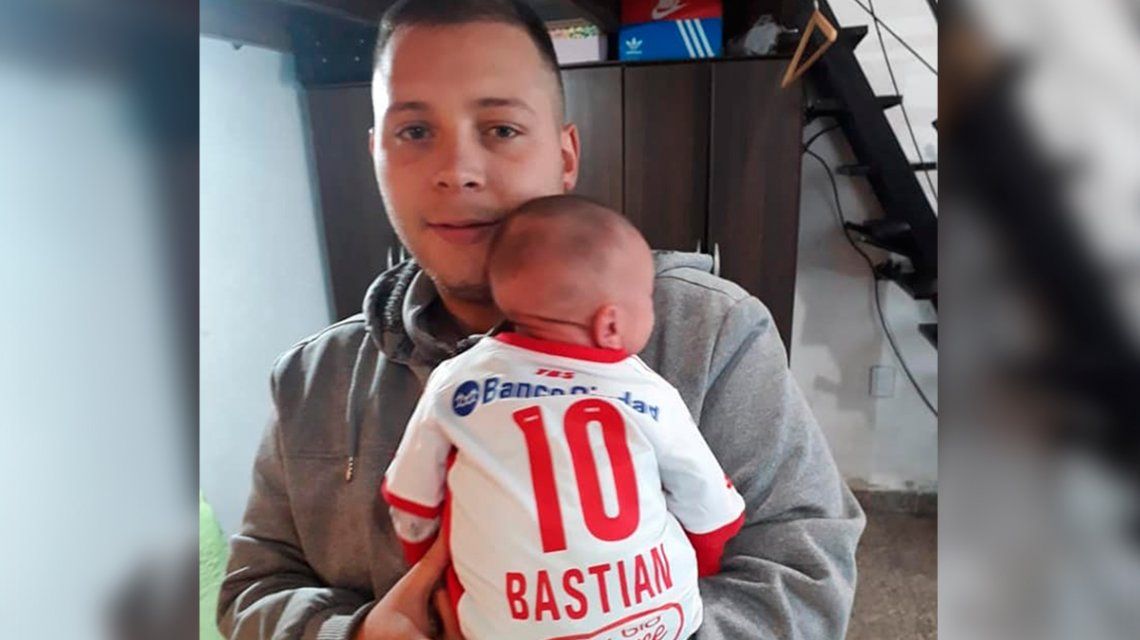Argentina's Macri decrees legalization of lethal force against fleeing suspects
Argentine President Mauricio Macri signed a decree yesterday authorizing federal security forces to use lethal force against fleeing suspects.
Argentine law, since the return of democracy in 1983, authorizes police to use gunfire only when their own lives or those of others are in danger.
The decree, submitted by hard-line Security Minsiter Patricia Bullrich, was condemned even by close allies such as right-wing Congresswoman Elisa Carrió, who described it as a "violation of fundamental human rights."
"We're not returning to fascism," Carrió added.
The Macri/Bullrich decree is drawing comparisons to the far-right rhetoric of Brazil's President-elect Jair Bolsonaro, who won over millions of voters by vowing to remove legal limits on the use of deadly force by police, often flashing a gun sign with his hands.
Bullrich had already come under fire on November 2 for declaring that "whoever wants to be armed, let them be armed."
Observers note that violent crime in Argentina has steadily declined since 2014. The homicide rate was 5.2 per 100,000 in 2017, a rate similar to that of the U.S. (5.3) and a fraction of the rate (24.1) in the rest of Latin America.
Death penalty without due process
The decree soon ran into legal hurdles however.
A ruling today by Judge Roberto Gallardo blocked the decree within the city of Buenos Aires as "unconstitutional." And numerous governors have stated they would seek to block its implementation in their provinces, citing both Argentine law and the 1979 U.N. Code of Conduct for Law Enforcement Officials.
Former Judge Carlos Rozanski, who was forced out by Macri last year after ruling against convicted dictatorship-era officials seeking transfer to house arrest, filed a complaint against Bullrich for "applying the death penalty without due process."
Human rights lawyer Ismael Jalil notes that since 1983, there have been nearly 6,000 cases of lethal use of police force even under existing laws.
Since Macri took office in late 2015, the Inter-American Commission on Human Rights (IACHR) has expressed concern over the excessive and indiscriminate use of force - as well as over the use of indefinite detention against critics and opponents.
At: https://translate.google.com/translate?sl=es&tl=en&u=http%3A%2F%2Fwww.infonews.com%2Fnota%2F320349%2Fbusca-legalizar-la-muerte-amplio
And: https://translate.google.com/translate?sl=es&tl=en&u=http%3A%2F%2Fwww.infonews.com%2Fnota%2F320368%2Farde-la-interna-oficial-carrio-se-paro

Christopher Rego and his infant son. Rego, who had no criminal record but had avoided a police checkpoint due to having left his I.D. at home, was shot to death by Buenos Aires police on August 12.
The number of civilians killed by police since Macri took office have jumped from 300 to 440 annually.
Critics accuse Macri, who is presiding over an economic collapse, of seeking to boost his chances in next year's elections by appealing to Bolsonaro-style rhetoric and policies.
